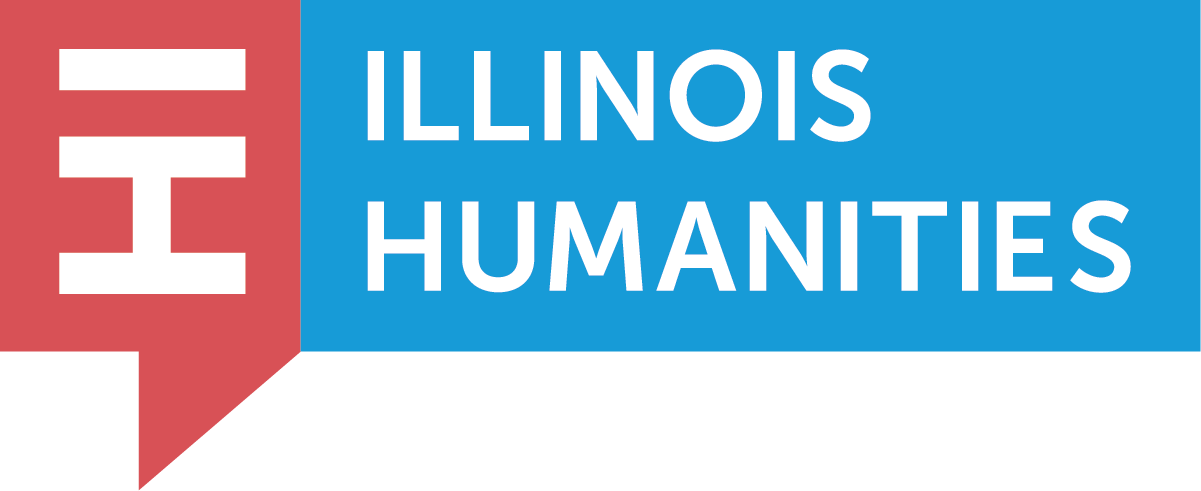Dr. Caroline Kisiel, an Illinois Humanities Road Scholar, presents a program about the struggle over whether the new State of Illinois would remain a free state or become a slave state.
In 1818, Illinois entered the United States with a Constitution declaring itself a free state, following the guidance of the 1787 Northwest Ordinance, which outlawed slavery north of the Ohio River. But slavery’s roots went back centuries in the region, and its hold on the young state was strong. In the first years of statehood, the Illinois legislature had a number of proslavery advocates who made a bold attempt to change the Constitution to allow slavery. They had already succeeded in building in limited slavery clauses into the 1818 Constitution which were to sunset in 1825, and they now wished to expand this foothold. Other voices vehemently fought against them, ultimately prevailing to preserve the free state.
Who were these voices advocating for a permanent constitutional change to allow slavery? And who stood up against them, preserving the free state of Illinois we know? And ultimately, in what ways did these opposing voices support Black lives, or not? This performance-presentation offers a dramatic reading/adaptation of the voices of three key proslavery figures (Territorial Governor, Ninian Edwards; secretary of the Illinois Territory, Joseph P. Phillips; and proslavery delegate, Adolphus Frederick Hubbard) and three antislavery figures (Governor Edward Coles; anti-convention legislator, Nicholas Hansen; English emigrant and Illinois Secretary of State, Morris Birkbeck) from this period.
While stories of prominent antislavery figures from later years are more widely recognized (Elijah Lovejoy, Abraham Lincoln), the very early years of statehood were marked by a significant struggle for and against slavery that illuminates the inheritance of what some called “old slavery” in the region, and what was often benignly masked as “servitude.” Historical records offer these six figures’ words, which will be given a voice in the twenty-first century through this performance-presentation.
But their voices are only part of the story, as their rationales for or against slavery were not simply black and white, so to speak. After hearing selections from these figures from the past, a brief presentation will illuminate the complexities of their rationales, their backgrounds and views, and the forces that shaped their views. Connections to current debates and our inherited legacies of racial understandings will be explored.
Caroline Kisiel is a public historian and educator who has been teaching for over 25 years. With a background in immigration law, literature, history, storytelling, and performance, Caroline writes and presents on early Illinois history and is currently conducting research on the role of Albion, Illinois in the struggle to keep Illinois slavery-free in the early years of statehood. Her presentations showcase researched information, historical documents, dramatic readings, and can offer facilitated audience engagement activities around critical questions of the value of history and activism through themes of early Illinois struggles to keep slavery at bay in the state and key early Illinois figures in this period.
This program is sponsored by the Friends of the Highland Park Public Library.
This program will not be recorded.
 This is part of the Illinois Humanities Road Scholars program. Illinois Humanities is supported in part by the National Endowment for the Humanities (NEH) and the Illinois General Assembly [through the Illinois Arts Council Agency(IACA)], as well as by contributions from individuals, foundations and corporations.Any views, findings, conclusions, or recommendations expressed by speakers, program participants, or audiences do not necessarily reflect those of the NEH, Illinois Humanities, IACA,our partnering organizations, or our funders.
This is part of the Illinois Humanities Road Scholars program. Illinois Humanities is supported in part by the National Endowment for the Humanities (NEH) and the Illinois General Assembly [through the Illinois Arts Council Agency(IACA)], as well as by contributions from individuals, foundations and corporations.Any views, findings, conclusions, or recommendations expressed by speakers, program participants, or audiences do not necessarily reflect those of the NEH, Illinois Humanities, IACA,our partnering organizations, or our funders.
Opening doors to information and imagination.